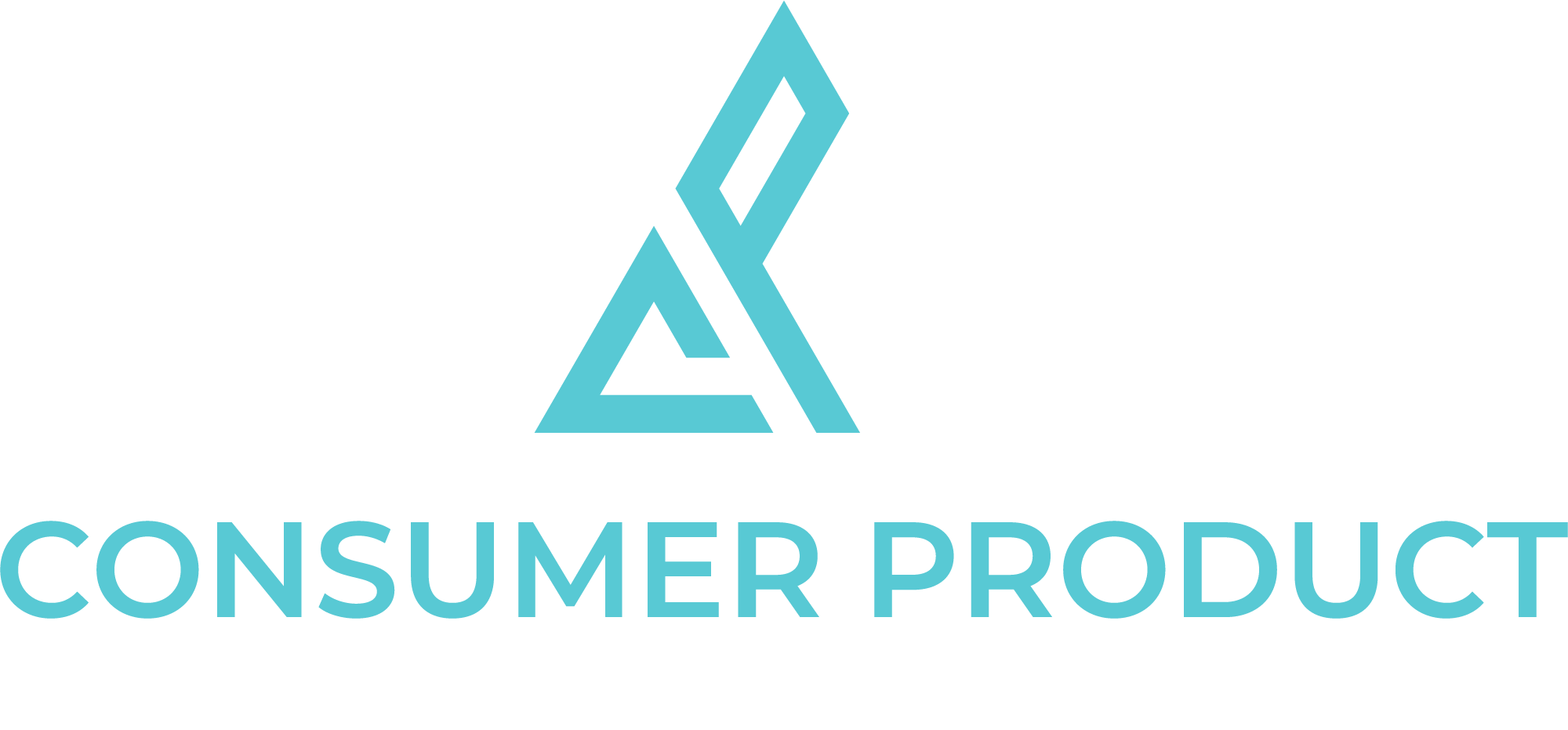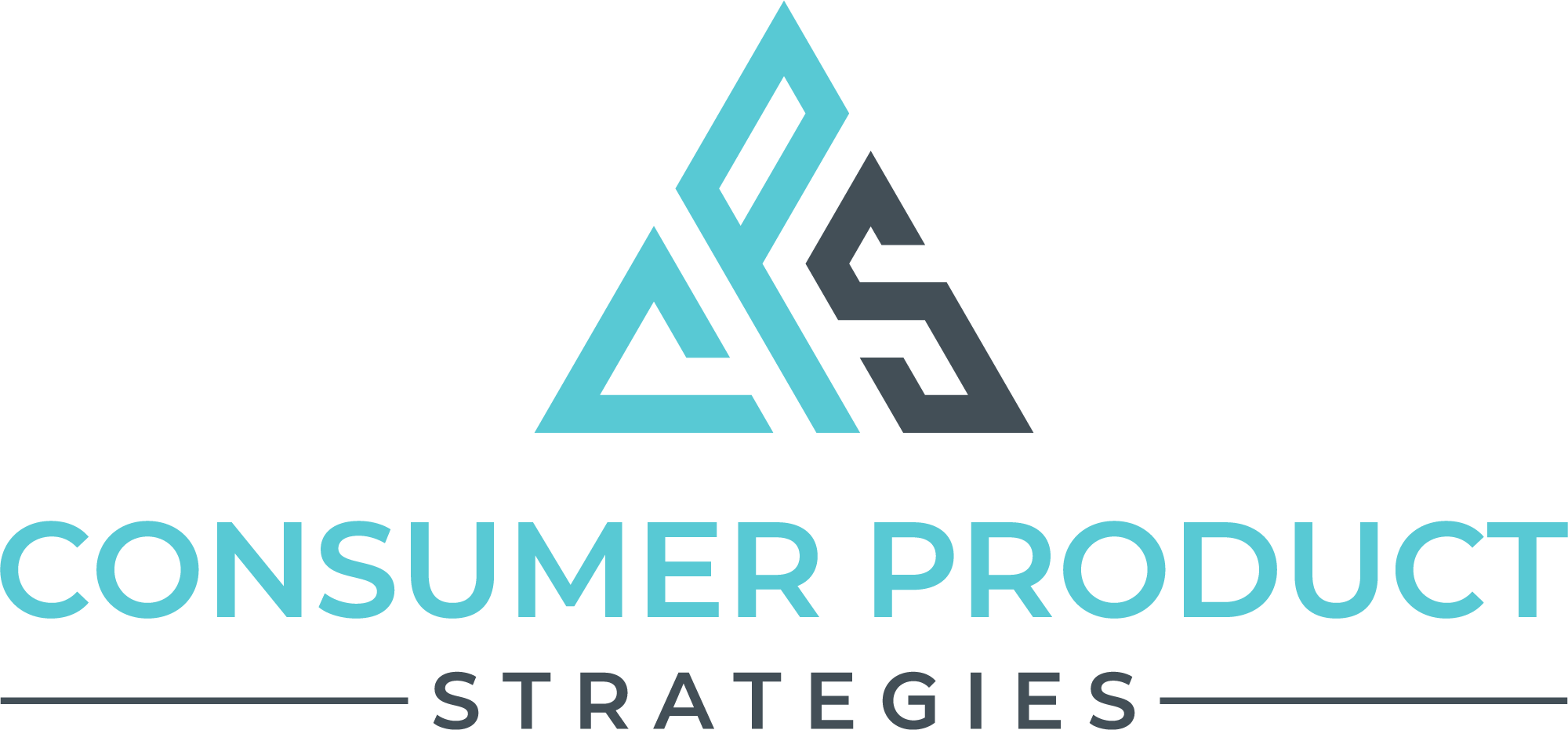Up until the last few years, consumer product companies, especially niche specialty retail suppliers, benefited greatly from very fluid and organic business environments where they could develop a lot of products to see what sticks and could also make business decisions intuitively.
You would win some and lose some, even if mistakes were costly or your operations and business processes were not as efficient as they could be, the market environment was forgiving. Product costs were lower, competitors were fewer, margins were stronger, and the retail landscape was more predictable than it is today.
For consumer product manufacturers and wholesalers to thrive today, the mindset has become more strategic. Companies who embrace well thought out strategies and processes, and closely monitor their analytics are the ones who will win. Let’s take a closer look at these three aspects.
1. Embrace Strategy Development and Collaboration
Every aspect of your business should be defined by strategies. Even if you don’t have a corporate strategic plan, well thought out plans and strategies come in all shapes, sizes and purposes for areas such as:
- Product Development or Product Management
- Channel Strategies or New Market Penetration
- Departmental Improvement and Efficiencies
- Inventory Management
- Sales and Marketing
If you want to really solve problems and define effective strategies, include key employees in the process. It is sometimes helpful to have an experienced consultant facilitate your sessions to get the most out of the group. Some of the benefits of this approach to strategy development are:
- A fresh perspective and new insights
- Alignment of your staff with company objectives
- Makes your company more proactive
- Helps identify and create competitive advantages
While any department or initiative can benefit from a set of strategies, if you really want to define a path long-term, then a comprehensive strategic plan for your company is an important blue print to navigate your growth and sustainability. This process has more of a long-term impact on your business than the types of strategies we discussed above.
2. Embrace the Value of Analytics in Decision Making
The business environment today comes with a lot of uncertainty. What new products should we develop? What new markets should we consider? These are just two of the many uncertain challenges and decisions we are faced with daily.
Your company’s data is an invaluable resource of recorded patterns, successes, failures and trends. Tapping into those analytics and leveraging them to make more informed decisions can play a key role in reducing uncertainty and increasing your probability of success.
There are a variety of elements to your business where analytics can play a key role such as:
- Sales Strategy
- Marketing Strategy
- Product Strategy
- Operational Strategy
Much of this data can be simply exported into Excel and managed in pivot tables or sliced a variety of ways. Business analytic tools such as Tableau and Microsoft Power BI can take that Excel data even further and create powerful visualizations that help you isolate key performance indicators and trends in your data.
3. Embrace Structured Processes
In the organic business environment discussed at the beginning of this article, one common theme many of us experience is that we feel like we are always putting out fires. Well thought out strategies can help you develop effective processes that put your organization more in control of your day-to-day situations.
Creating standard operating procedures for your departments and for important processes can provide a variety of benefits such as:
- Increases operational efficiency
- Improves employee onboarding and training
- Creates synergy within your organization
When strategy, analytics and processes become an integrated part of your business, transformation and growth can thrive in this challenging consumer products landscape.


